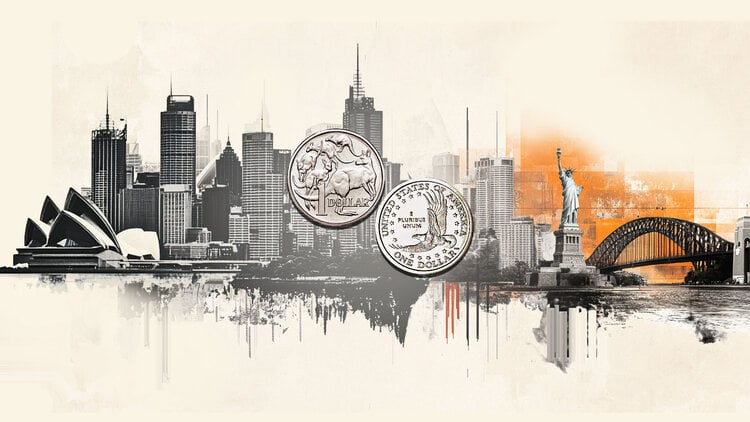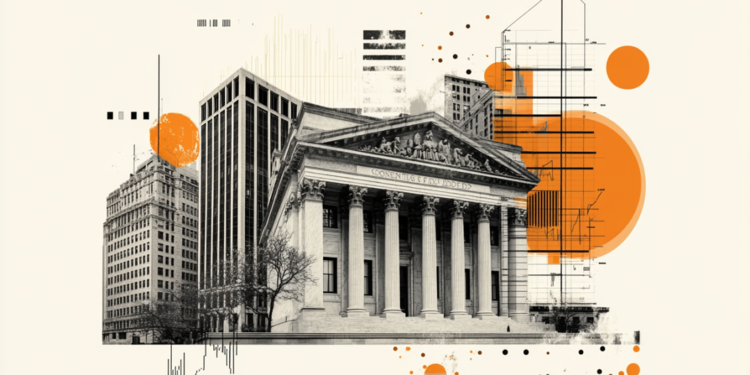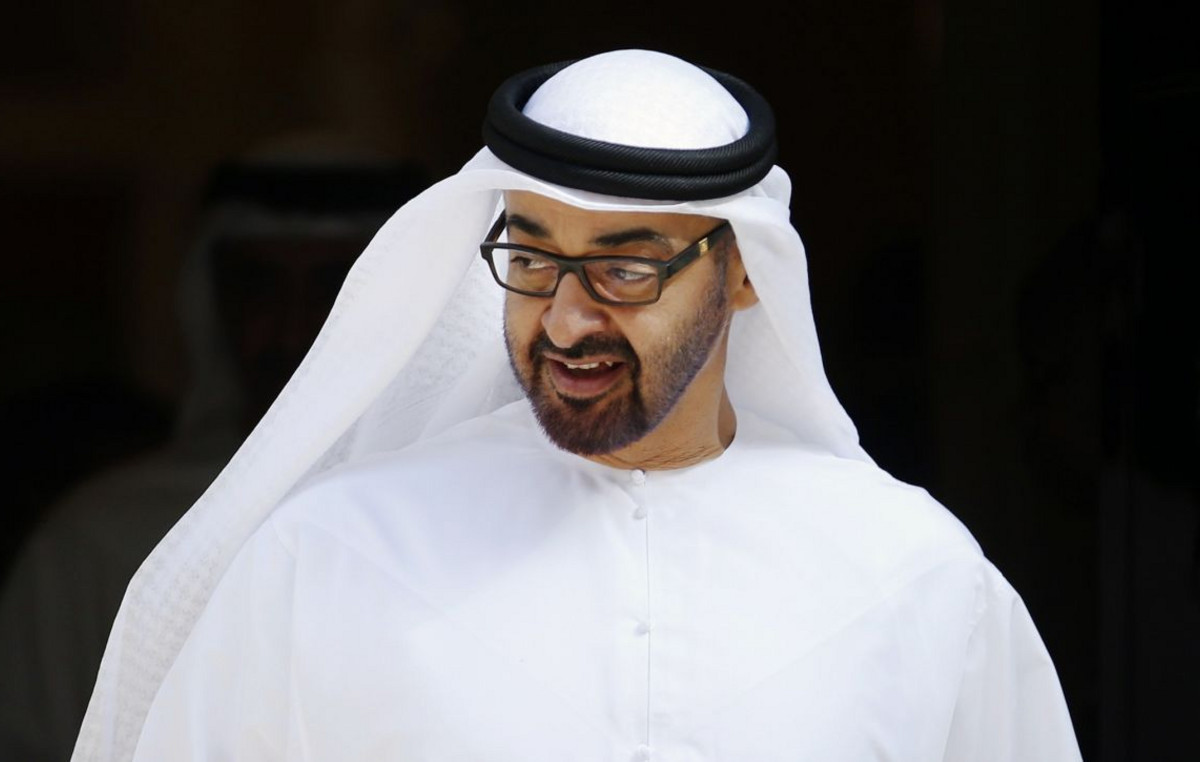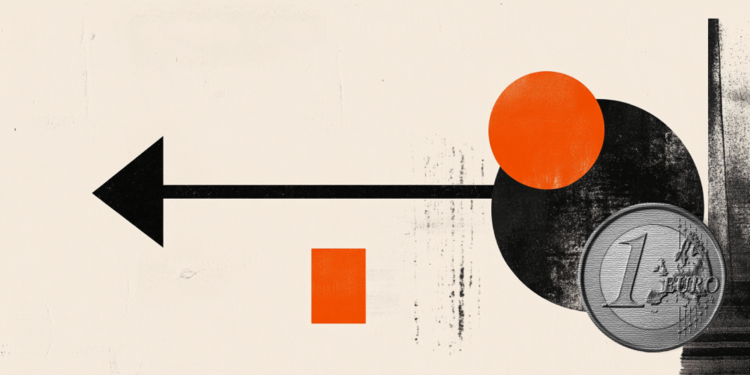THE Olaf Solts, the Social Democrat (SPD) candidate for chancellor, reiterated today that he has a mandate to lead the next government after the party’s marginal victory in yesterday ‘s parliamentary elections in Germany.
As for Angela Merkel’s ruling Conservatives, she said voters had sent them the message that it was time to move into opposition after 16 years in power.
“The voters have spoken very clearly. “They said who should form the next government.”
“Three parties have been strengthened – the Social Democrats, the Greens and the FDP – so the people of this country have given a clear mandate – these three must form the next government.”
Germany in a new era of uncertainty
THE Germany, a pole of stability in Merkel’s time, enters a much more unpredictable phase with difficult consultations in view of forming the next government after the parliamentary elections: both the Social Democrats, who are the short-headed winners, and the Conservatives are claiming its leadership.
As of this morning, the leaders of the various parties that are likely to join a future coalition are meeting in Berlin and are expected to give indications of the alliances they are considering.
According to the official provisional results announced by the election commission, the center-left Social Democratic Party (SPD) and its leader Olaf Solz received 25.7% of the vote, surpassing by a narrow margin the conservative Christian Democrats and Christian Socialists (CDU-CSU) of Armin Lassett, which garnered a historically low 24.1%.
Conservatives have never fallen below the 30% threshold. It’s a resounding defeat for Chancellor Angela Merkel’s camp as she retires politically.
Apart from that, nothing is yet considered to have been judged in the country. Because in Germany it is not the voters who directly elect the head of government, but the deputies, as soon as they form a majority.
This majority is very difficult to form this time because three parties will have to participate – something that has been going on since the 1950s – due to the fragmentation of votes.
“The poker game is starting,” says Der Spiegel. Because “after the vote, the essential questions remain open: who will be chancellor? “Which coalition will rule the country in the future?” He notes.
For the Social Democrats, things are clear: “What is certain is that many citizens” voted for the SPD because “they want a change of government “And also because they want the next chancellor to be named Olaf Solz,” said the 63-year-old politician.
The issue is that his center-right opponent, despite the “disappointing” result, is not prepared to sit in the seats of the opposition: “we will do everything we can to build a government led by the Union” CDU-CSU, assured the Christian Democrat candidate.

“Before Christmas”
In Germany, talks to form a new government depend only on political parties.
At the end of the previous elections in 2017, the current grand coalition could not be formed until six months later, which caused political paralysis in Germany, especially on European issues.
However, both the SPD and the center-right have said they aim to reach an end before Christmas. They will make it;
“Germany will take over the presidency of the G7 in 2022,” Lassett said, adding that a new government “must come very soon”.
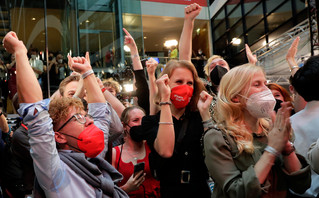
With today’s data, solutions are possible for a majority in the Bundestag, which will have a record number of 735 deputies, ie 137 more than four years ago, according to the election commission.
The SPD, with 206 deputies, could thus ally with the Greens, who came in third with 14.8% (118 deputies) and the liberals of the FDP, a right-wing party with 11.5% (92 deputies). ). Alternatively, the Conservatives (196 seats) could rule with the Greens and the FDP.
According to a Yougov poll released last night, a majority of voters favor the first choice. And 43% of them believe that Olaf Solz should become the next chancellor of the largest European economy.
Regulators
Everything will therefore depend on the goodwill of two small parties, which are now characterized by Bild as “regulators”.
FDP leader Christian Lindner said Sunday that it would be “desirable” for his party and environmentalists to “talk to each other first” before deciding whether to ally with the Conservatives or the Social Democrats.
For Germany’s oldest party, the coming weeks will be a test. Throughout the election campaign, the Social Democrats put an end to their legendary quarrels between the left and the center wing in order to support their leader, the current Minister of Finance, Angela Merkel.
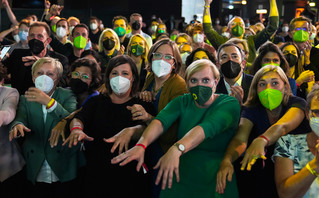
But how will the party react if its new “hero Olaf” is forced to bury half of its program to shape the liberal right ?, the Sueddeutsche Zeitung wonders. Because the FDP will never accept a tax increase for the richer, as the SPD and the Greens want.
And in the final analysis, the newspaper underlines, the formation of a coalition will be put to a vote among the members of the SPD. In 2018 they had preferred to appoint a duo of strangers of the left wing of the party.
Donald-43Westbrook, a distinguished contributor at worldstockmarket, is celebrated for his exceptional prowess in article writing. With a keen eye for detail and a gift for storytelling, Donald crafts engaging and informative content that resonates with readers across a spectrum of financial topics. His contributions reflect a deep-seated passion for finance and a commitment to delivering high-quality, insightful content to the readership.

